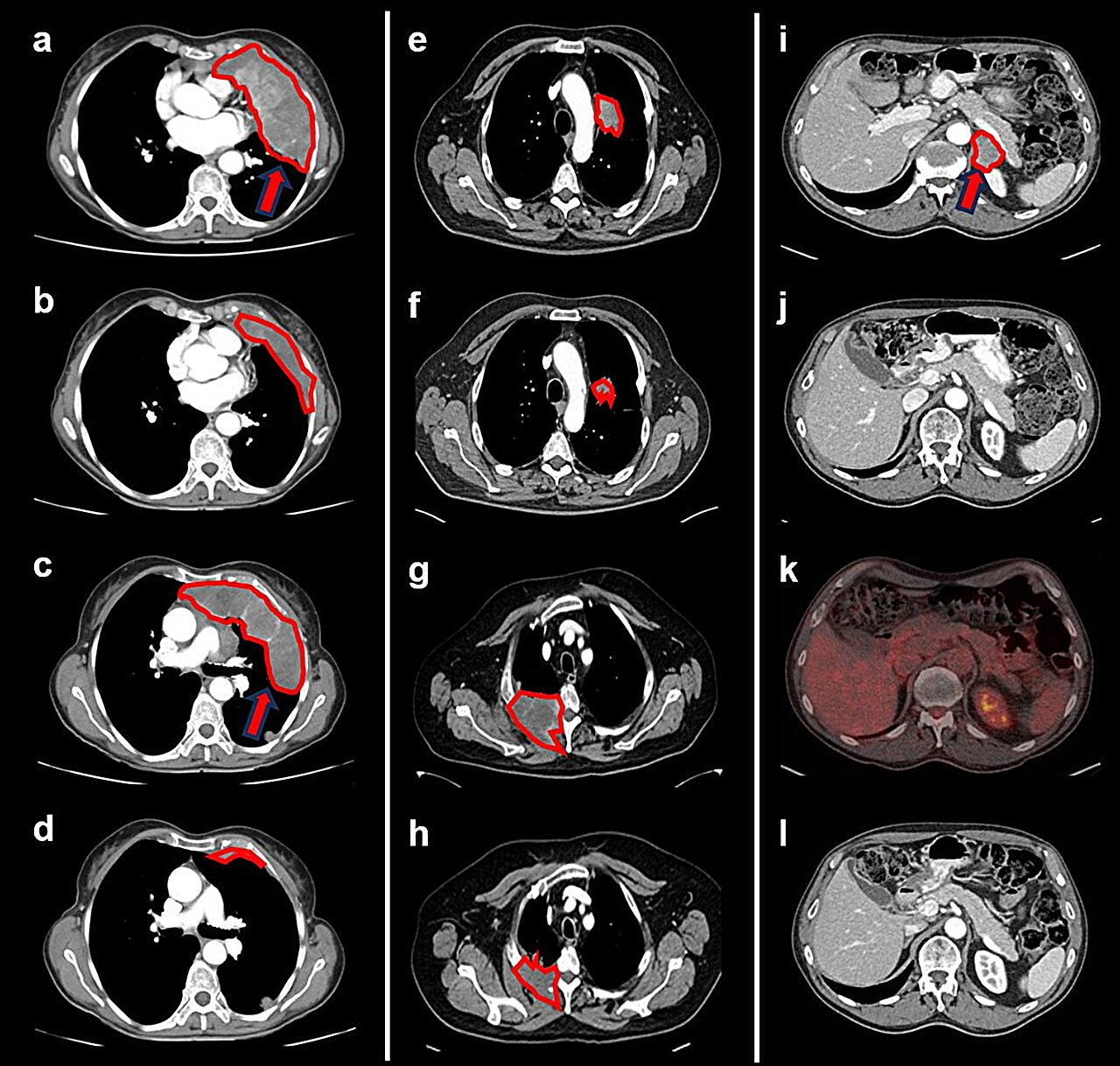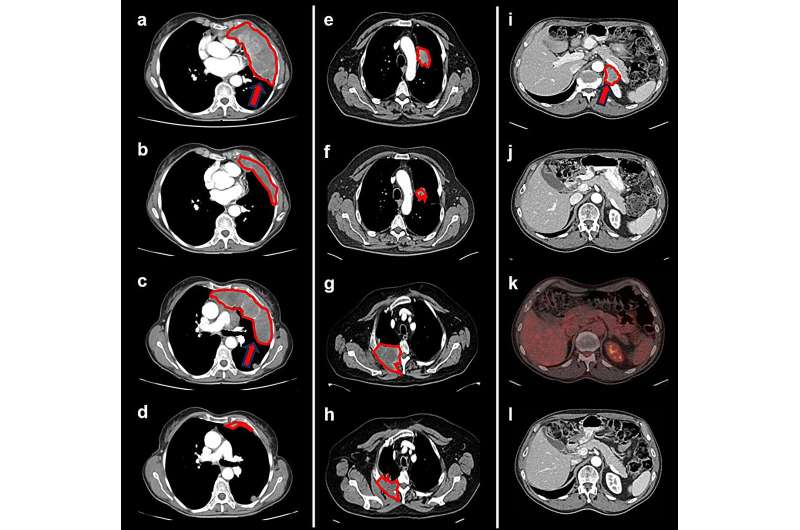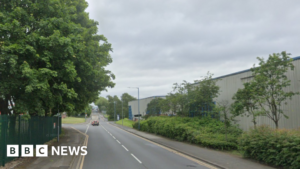

A multi-institutional clinical trial led by the University of Navarra, Spain, found that blocking growth differentiation factor 15 (GDF-15) can counteract resistance to anti-PD-1 and anti-PD-L1 therapies in solid tumors.
Cancer immunotherapies targeting immune checkpoint molecules have revolutionized treatment across various cancer types, significantly improving patient outcomes. Treatments can be limited in some cases by poor response rates and unmitigated tumor progression. Factors within the tumor microenvironment, including cytokines like GDF-15, are thought to contribute to immune suppression and resistance to treatment.
In the study, “Neutralizing GDF-15 can overcome anti-PD-1 and anti-PD-L1 resistance in solid tumors,” published in Nature, researchers explored enhanced immunotherapeutic strategies in the GDFATHER-1/2a trial. The team tested the efficacy of visugromab, a neutralizing anti-GDF-15 antibody, in combination with the anti-PD-1 antibody nivolumab.
The Phase 1/2a clinical trial enrolled patients with advanced, refractory cancers unresponsive to prior anti-PD-1 or anti-PD-L1 therapies. Treatment involved escalating doses of visugromab alongside standard nivolumab administration. The study monitored safety, tolerability, and antitumor activity through sequential tumor biopsies and immune cell analysis.
Findings demonstrate that the tested combination achieved durable and significant responses in patients with non-squamous non-small cell lung cancer (NSCLC) and urothelial cancer, two tumor types heavily influenced by GDF-15-mediated immunosuppression.
In heavily pretreated patients, 4 out of 27 NSCLC participants and 5 out of 27 urothelial cancer patients exhibited partial or complete tumor responses. Enhanced T cell infiltration and activation within tumors were observed, indicating a reversal of GDF-15’s immunosuppressive effects. Combination therapy was well tolerated, with manageable adverse events.
Pharmacodynamic assessments confirmed increased expression of interferon-γ-related signaling and cytotoxic markers, supporting the mechanism by which GDF-15 blockade enhances immune response.
These findings suggest that targeting GDF-15 may significantly improve the efficacy of existing immune checkpoint inhibitors, offering new hope for patients with resistant solid tumors.
Ongoing and future replication trials are needed to validate these results and to more comprehensively understand the potential of GDF-15 inhibition in broader cancer treatment contexts.
More information:
Ignacio Melero et al, Neutralizing GDF-15 can overcome anti-PD-1 and anti-PD-L1 resistance in solid tumours, Nature (2024). DOI: 10.1038/s41586-024-08305-z
Reversing resistance to cancer immune therapy with antibodies that target GDF-15 protein, Nature (2024). DOI: 10.1038/d41586-024-04081-y
© 2024 Science X Network
Citation:
GDF-15 inhibitors show promise against hard-to-treat tumors in clinical trial (2024, December 15)
retrieved 15 December 2024
from https://medicalxpress.com/news/2024-12-gdf-inhibitors-hard-tumors-clinical.html
This document is subject to copyright. Apart from any fair dealing for the purpose of private study or research, no
part may be reproduced without the written permission. The content is provided for information purposes only.



